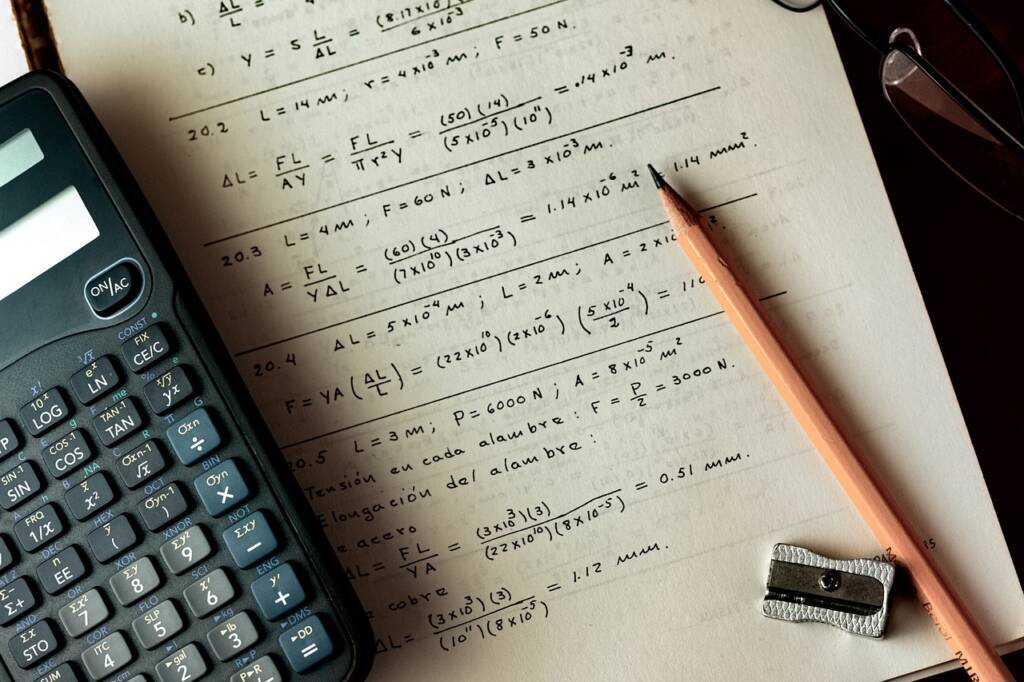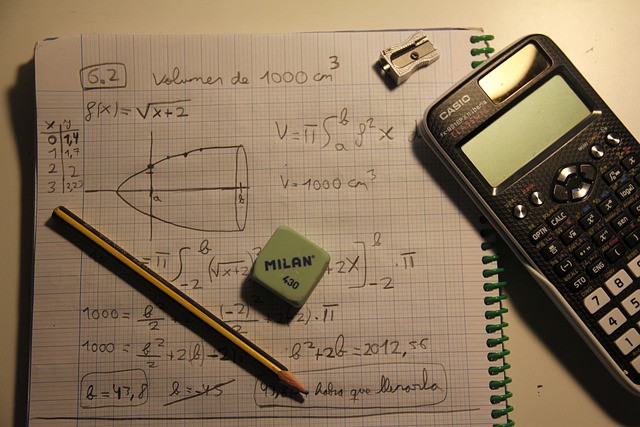
GED Test Prep - Math

GED® Tutorials are based on content frameworks for the 2014 GED Test and current specifications and provide students a less stressful and more successful preparation effort as they work to achieve a GED passing score.
GED Tutorials offer targeted instruction, practice and review. Students engage with the content in an interactive, feedback-rich environment as they progress through GED test aligned modules. Students will practice skills essential to the test they’re preparing for and build the depth of knowledge, confidence, and higher order skills required to demonstrate mastery when put to the test.
In each module, the Learn It and Try It make complex ideas accessible to students through focused content, guided analysis, and practice with personalized feedback so students are empowered to increase their Exam Readiness. The Review It offers an engaging and high impact video summary of key concepts and important to grasp connections. The Test It assesses students’ mastery of the module’s concepts, providing granular performance data to students and teachers, linking a student’s performance to GED reporting categories and reasoning indicators. To help students focus on the content most relevant to them, unit-level pretests and posttests can quickly identify where students are ready for test day and where they need to continue their review and practice.
This Tutorial is aligned with 2014 assessment content from GED Testing Service and content area assessment targets for Mathematics test sections.
GED® is a registered trademark of the American Council on Education (“ACE”).
Major Topics and Concepts
Unit 1: Number Sense
Unit 2: Factoring Polynomials
Unit 3: Polynomials and Rational Expressions
Unit 4: Linear Equations and Inequalities
Unit 5: System of Equations
Unit 6: Quadratic Equations
Unit 7: Functions and Graphs
Unit 8: Geometry
Unit 9: Probability and Statistics
Competencies
Factoring Polynomials
Students will demonstrate an understanding of factoring polynomials by explaining monomial factors of polynomials, explaining binomial factors of polynomials, and explaining trinomial factoring.
Foundations in Linear Equations and Inequalities
Students will demonstrate an understanding of foundations in linear equations and inequalities by describing linear equations, explaining formula writing, and explaining linear inequalities.
Foundations of System of Equations
Students will demonstrate an understanding of the foundations of systems of equations by explaining systems of linear equations, graphing systems of equations, and solving real-world problems using linear systems.
Number Fundamentals
Students will demonstrate an understanding of number fundamentals by explaining rational numbers, analyzing real-world problems, and describing unit rates.
Polynomial Operations
Students will demonstrate an understanding of polynomial operations by explaining polynomial functions, describing variables in expressions, and explaining rational expressions.
Foundations in probability and statistics
Students will demonstrate an understanding of foundations in probability and statistics by explaining probability, solving compound events, explaining data plots, and summarizing categorical data.
Functions and Graph Fundamentals
Students will demonstrate an understanding of function and graph fundamentals by solving linear and quadratic functions, explaining slope and y-intercept, graphing linear questions in two variables, and describing slope criteria for parallel and perpendicular lines.
Geometry Fundamentals
Students will demonstrate an understanding of geometry fundamentals by solving area and circumference problems, solving perimeter and surface area problems, solving problems involving volume, solving problems involving nets and scale drawings.
Quadratic Equations
Students will demonstrate an understanding of quadratic equations by explaining perfect squares, solving quadratic equations using factoring, and describing the quadratic formula.

